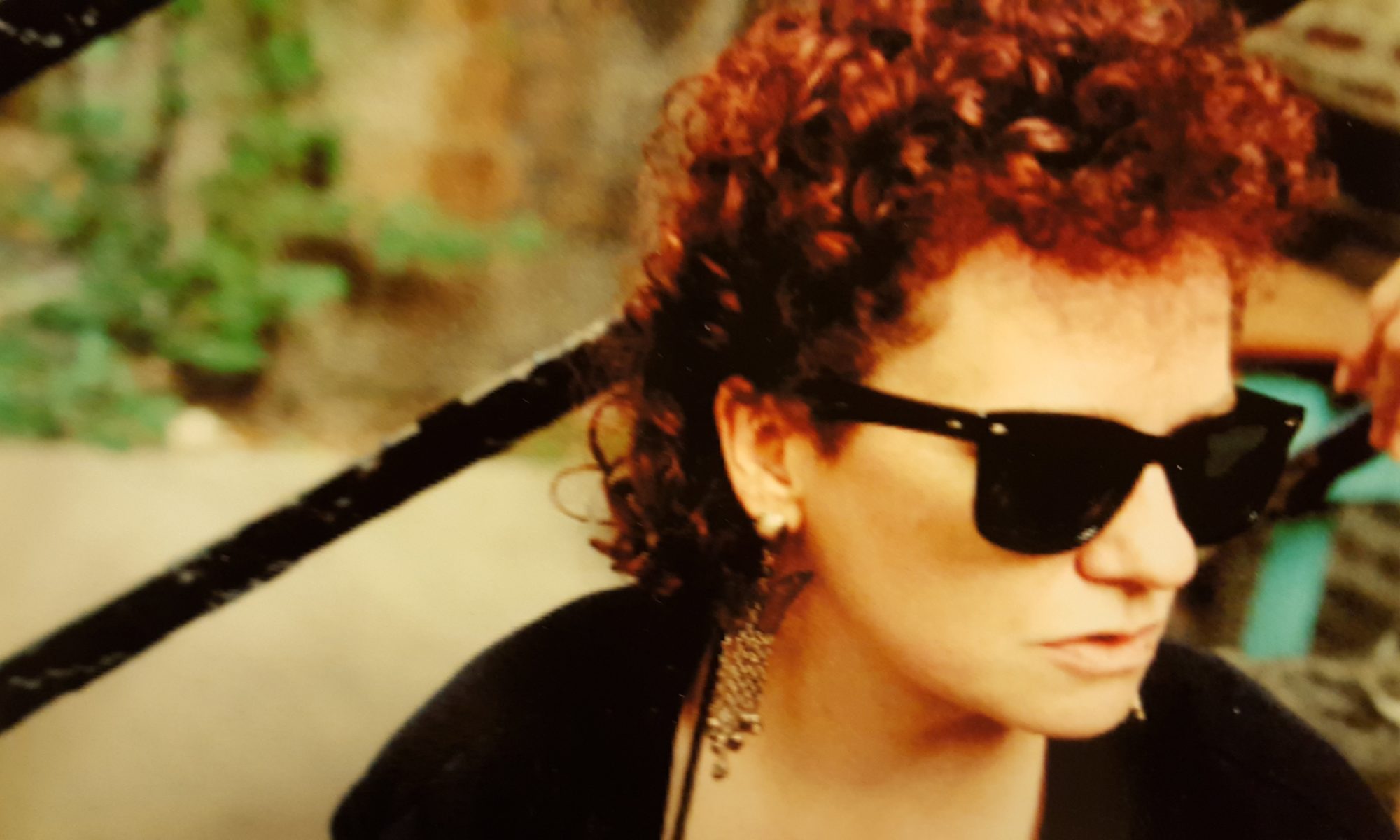Emily Nemens novel “The Cactus League” was released in February to great reviews and, since then, she’s been doing readings all around town. Earlier, I finished reading Henry Dunow’s memoir from 2001, “The Way Home: Scenes from a Season, Lessons from a Lifetime.” Both of these books, one by editor of Paris Review Emily Nemens and the other by literary agent Henry Dunow revealed baseball’s transcendent, actual, and metaphoric significance, something I had no clue about. Or thought I hadn’t. So whether you’re quarantined or not and looking to read something, try these out.
Nemens’ “The Cactus League” uses the structure of baseball—without employing the often-used literary device of an actual game, think Casey at the Bat—to temper, for the reader, the nightmare struggles of the person at the core of the story, Jason Goodyear. As he descends into a hell of gambling addiction, we see him from perspective of people on the periphery of his life. Divided into nine chapters/innings, Nemens gives us an entertaining crew to guide us through the baseball domain: batting coach, groupie, agent, Black co-owner, pitcher struggling after elbow surgery, organist, seven-year old kid hanging with his homeless mom who works the concession stand, the organist, and finally Jason who shares the final chapter with his wife. Nemens passionate treatment of how baseball, geology, architecture, and music mirror each other slows the narrative, yet somehow intensifies the drama. That these disparate elements hang together and construct a compelling novel is a testament to her writing and her characters who are surviving love, terror, and miracles.
Early on in “The Cactus League” I came across this paragraph that brought me back to fifth grade, a time when I experienced a baseball miracle—and, since we girls didn’t do sports in the fifties, it was a once and only once in a life-time event. “There’s something cathartic about swinging a piece of wood at a hurtling knot of leather and yarn. The sting that happens in your palms when you connect, the ball bending ever so slightly at the collision. The reverberations of that rubber center that run up your arms, plugging into your shoulders with a little zing. The sound of it.” Of course when I once felt this —and only once—it wasn’t a hard ball traveling at 90 miles an hour, it was a big old softball traveling at the speed of a paper airplane, but nevertheless, when I swung and hit it, the feeling of being in concert, in the zone, in my body, thrilled me. Nemens closely observed moment brought this memory viscerally back to me.
Through vivid, loving characterizations and musings about life and time—from the glacial geological tectonic plates’ progress to the slow-motion action of baseball, to the timing and rhythm of music—Nemens evokes a realm in which “enough” exists—in relationships, sports, the arts, and the natural world—in the face of the “never-enough” world of addiction.
Henry Dunow’s memoir, The Way Home: Scenes from a Season, Lessons from a Lifetime, uses his experiences in non-professional baseball as a method for finding connection. His humorous, biting, charming prose and his generosity of spirit and understanding hooked me immediately in this story of family life in New York City. Dunow describes his attempts to connect with his son through baseball, as his own father hadn’t been able to do with him. This lively paragraph depicts his young son and his wife’s worry: “It’s a little scary. He’s a walking 24-hour all-talk sports radio station, an IBM mainframe saturated with sports statistics and trivia, stores of arcane knowledge growing like some diabolical virus in a cheesy sci-fi movie. Wendy worries that there will be no room in that little brain for anything else, and I try to assure her that sports knowledge is like a useless vestigial organ—it can expand endlessly and accommodate vast stores of data without cramping rest of the brain. There’s no real damage.”
When Dunow begins coaching six-year olds—hilariously—and comparing himself to another cocky assertive father/Little League coach, memories of his own father, a powerful and stubborn Polish Jewish immigrant, emerge. Dunow writes with great intensity of his son, his father, other children, and baseball. Of his father, he writes: “After years of terror and running halfway across the world to save his life while everyone and everything he knew perished, it had come to this: in the hands-and-knees search for jagged pieces of glass on the kitchen floor, in the harried nagging to get us to clean our rooms, was his need to banish the chaos of his past, the horror of what had happened to his family—his mother, his father, his brothers and sisters—and his world. His constant preoccupation with household order obscured a whole constellation of feelings and thoughts kept separate from us. A piece of him was missing, not available.” This anguish went through me like a switchblade

